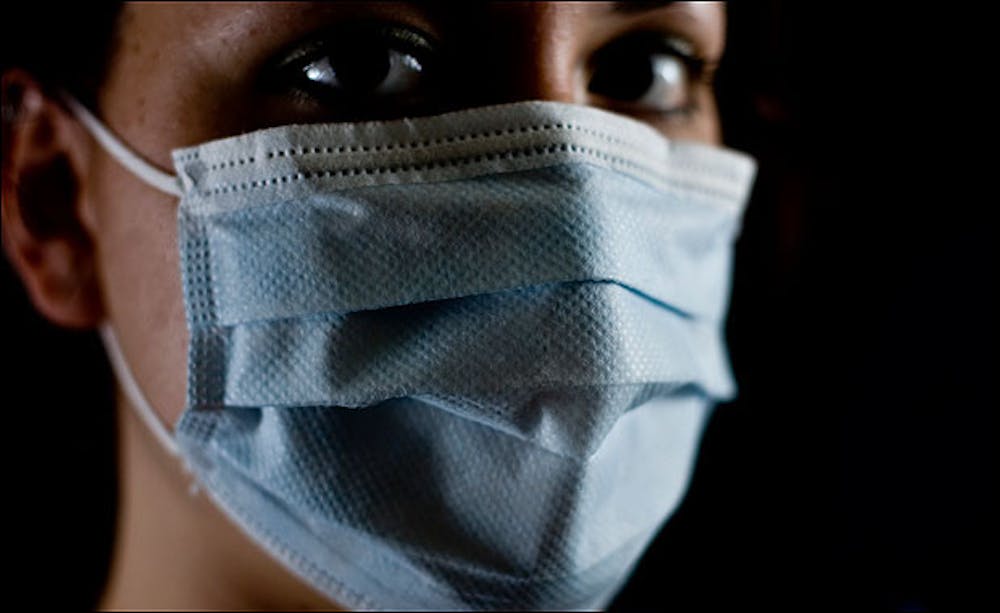Recent warnings and outbreaks of H1N1 virus, more commonly known as swine flu, are leading campus health officials to provide flu kits and vaccines to students.
“We saw cases throughout the summer of H1N1 flu, which was unusual,” said Dr. Allan Markus, director of Campus Health Services.
Health Services staff rarely see any cases of influenza during the summer because it’s not the typical flu season, Markus said.
This summer, however, a steady number of patients with flu-like symptoms visited Health Services.
On Monday, a White House statement said the H1N1 flu posed a “serious health threat” to the nation due to its unique strain. The statement, based on a report by the President’s Council of Advisors on Science and Technology, suggested massive preparation, including the administration of vaccines to the public.
Markus said that ASU is taking new precautions.
“We’ve developed flu kits for students who get sick,” he said. “We’ve distributed flu masks to all four campuses.”
Pandemic flu kits include protective face masks, gloves, sanitary wipes, hand sanitizers and other health equipment.
Actual vaccines for this particular flu strain will not be available until mid-October or early November, Markus said. Campus Health Services is still in the process of testing the shots.
Nursing sophomore Samantha Mendez said while she hasn’t gotten a flu shot lately, she thinks people should get them.
“People are ill-informed,” Mendez said. “People don’t really know and are feeding off of what the media says.”
The White House press release said that though the H1N1 flu is likely to spread, it is not more deadly than the regular flu, which is what Mendez said makes her skeptical.
Despite this, Mendez said she still thinks it’s good that ASU is taking efforts to provide services to prevent flu outbreaks.
Other students, like psychology freshman Elizabeth Cameron, said they believe the H1N1 flu is hyped up and not worth worrying about.
A California native, Cameron said she saw schools in her area being shut down because of swine flu scares last spring.
Though Cameron believes the flu is overestimated, she said she takes precautions to stay healthy.
“I have a weak immune system, so I have to be especially careful,” she said. “I wash my hands all the time and take Purell with me everywhere.”
Markus said there are many things students can do to stay healthy and take precautions about the flu, including washing their hands and staying home if they get sick.
“Even if you’ve never had your flu shot before, be sure to get your seasonal flu shot [this year],” he said.
The most common symptoms of H1N1 virus are fever, cough, body aches, chills and diarrhea, Markus said.
If an outbreak occurred on campus, Markus said it would probably occur over a period of three to four weeks.
“We’d ask [sick] people to stay at home or in their residence hall until they got better,” Markus said.
H1N1 flu is a virus and therefore can’t be treated, Markus said, but Health Services can give students medication to ease symptoms while the virus goes away on its own.
Students can find more information about staying healthy this semester and ASU’s plans to combat the H1N1 virus at asu.edu/
pandemic.
Reach the reporter at ndgilber@asu.edu.




